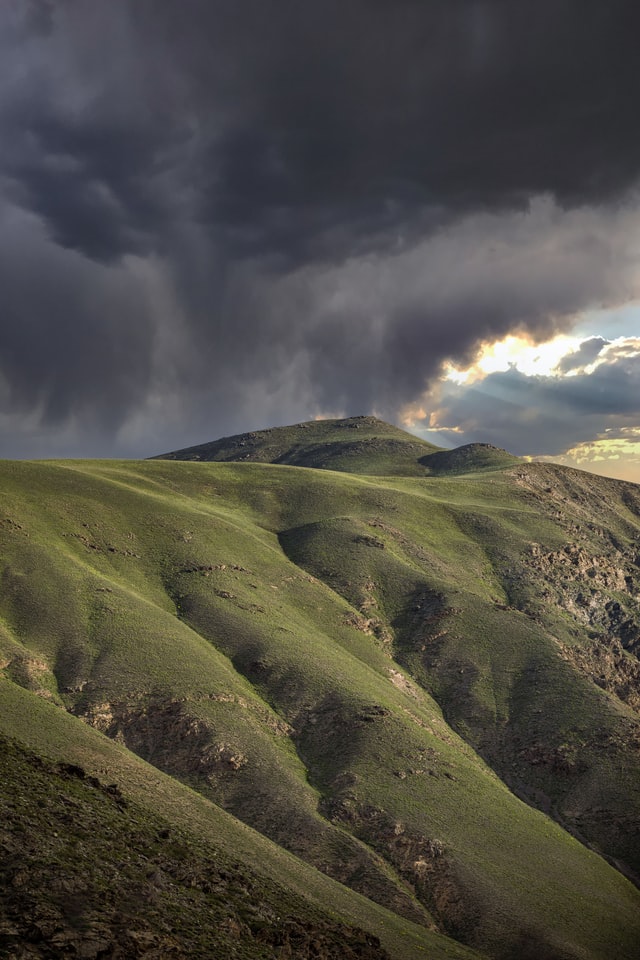A better playbook for America’s Afghan engagment?

Photo by nasim dadfar on Unsplash
A thoughtful reader asked me a key question the other day: what would have been a better playbook than the way America’s Afghan engagement ran for nearly 20 years, with this chaotic ending.
My first response would be that it shouldn’t have lasted 20 years. Having despatched the Taliban, who were sheltering the chief conspiracist of the 9/11 attacks, the US should have left somewhere around the 2005 mark. Second, the US should have convened a conference — including Iran — of all Afghanistan’s immediate neighbours. Countries like India in the near abroad should have been given observer status. The objective of such an exercise (and make no mistake, it would’ve been devilishly hard to bring about) is regional buy-in to keep Afghanistan’s borders tight.
But both of those points no longer matter. They belong in a hypothetical playbook, one that doesn’t exist and cannot come into being.
The only playbook that matters is the one that is real.
The thoughtful reader who originally asked the question offered some suggestions of their own, with the caveat that it might seem odd coming from a liberal: The US, said the reader, “should have voided Trump’s self-serving ill-advised ‘deal’, should have stayed in country, even increased its posture to stave off the Taliban taking the capital. This current uncertainty is terrifying . Who will fill the power vacuum? A kindler gentler Taliban? A new yet unknown Islamic terrorist group? An opportunist foreign power like Russia? Or China?”
All of these are interesting points but I’m afraid it’s hard to agree that a foreign country should stay on endlessly in another land just to prevent a religiously orthodox group from taking power. That smacks of a crusade. It also throws up key questions: should the US and the western world only target countries where Muslim orthodox groups are poised to take power, or should the fear of orthodox excesses extend to countries where Christian, Hindu and Buddhist parties are on the cusp of achieving control? As for the question of who will fill the “power vacuum” in Afghanistan, there really isn’t one. For the moment, the Taliban seem to be in charge. Geopolitically, the Chinese and Russians will have greater sway — until things change around…again.

